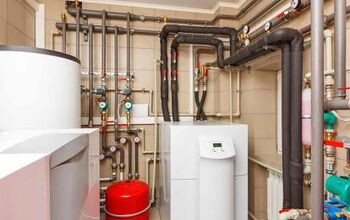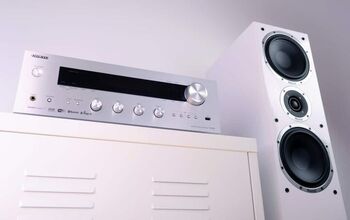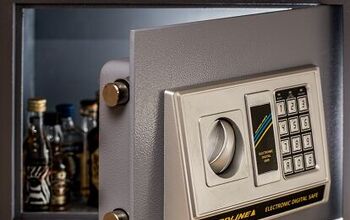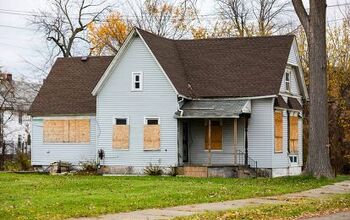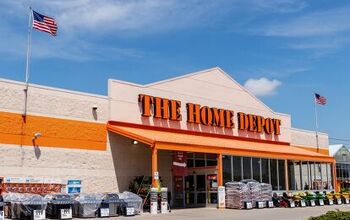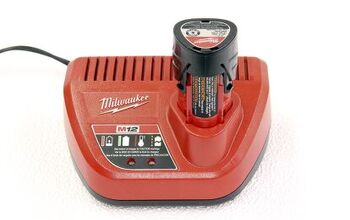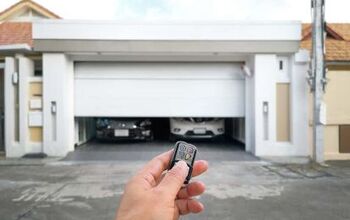What Size Gas Line Do I Need For My Dryer?

When it comes to general repairs around the house, 9 times out of 10, it is cheaper to do it yourself. Of course, that requires a little bit of know-how and experience to ensure that the job is done properly. If you exacerbate the problem, that just means more money out of pocket in the end.
There are times where your stove may wind up on the fritz and the culprit is the corrugated connector, also known as the supply line.
If your gas pipe is 20 feet long or shorter, you will need a 3/8 inch connector. However, it’s best to measure to ensure you get the correct size gas line. To do this, measure the distance between your appliance and the gas pipe so you use the correct size gas line.
You can copy the old one if you still have it. If not, measure the old one for reference.
Do You Need Gas Line Installation or Repair?
Get free, zero-commitment quotes from gas line installers near you.

What Size Of Gas Line Do I Need For My Dryer?
When determining the size of the connector itself, you will want to measure the distance between the appliance and the gas pipe. Make sure to add a few inches (3 should cover it) to allow for shifting and movement of the appliance.
That measurement will be the length of the connector that you will need to find. Be careful to not get a connector that is too short or too long because that invites kinking, bending, and potential damage to the connector.
What Size Connection Do I Need For My Gas Dryer?
Even if you can’t find the right type or size of connection, it’s not the end of the world because figuring it out is relatively simple. Generally speaking, your average gas connection is made using either a flare connection or NPT threads.
You can identify the flares by their semi-conical end whereas the NPT threads are the kind that you will see in just about every other form of plumbing.
What Tools Do I Need?
You can use a tape measurer, ruler, or calipers to measure the threaded connection’s outside diameter. There are reference guides out there that you can match up to determine the size of both male and female threads.
It is a good idea to round up whatever your finding is. This is because you are generally using eye measurements, which can be somewhat inaccurate.
So, if you happen to come to a 13/16” measurement, be safe by measuring up to the next fraction. If you have digital calipers, though, you take the math out of it all with precise (and sometimes digital) readings.
Can I Use The Old Connector For My Gas Line?
Depending on the appliance that you purchase, it may come with a connector that is made specifically for that unit. This is not the most common of occurrences, though, so don’t be surprised if your new unit doesn’t.
In the most fortunate of circumstances, the old connector may still have some kind of tag on it to indicate what type of connector it is.
But if there is no tag to be found, don’t worry. Finding out the right size connector is a fairly easy process, so you can get a new connector in short order.
Why Shouldn’t I Re-Use The Old Connector For My Gas Line?
Far too many people think that it is okay to use the line that connected the old unit to the gas supply of their home. This is not the case; many manufacturer guidelines and plumbing codes prohibit reusing these connectors.
This all comes down to an issue of safety. If you use an old connector, it may not be up to the task of preventing leaks. Gas leaks present a major, life-threatening hazard to the safety of anyone in the home.
The old connector could have kinks, crushed threads, or damage during the removal of the old appliance. Simply put it is better to be safe than sorry by implementing a new connector.
What Is The BTU Capacity Of The Connector?
When you know the size of your connector, look at the documentation of the new dryer so that you will know how much gas will be used. Both natural and propane gas appliances will have a maximum BTU input that the connector must satisfy.
The BTU capacity of that connector will change with any increases in length and diameter in the line. For instance, if the inside diameter is larger, there will be more gas that can potentially flow through it.
If the length of the connector increases, though, the total volume of gas that can flow through will go down.
Be Aware
While you can find BTU capacities for each of the connectors, there is another thing to be aware of. The BTU capacity of a connector will depend on which type of gas you are using. For instance, natural gas capacity will always be lower than it would for liquid propane.
What does this mean? It means that the same connector will provide more BTU while using liquid propane than it will for natural gas, so be aware that you’re looking at the right number.
Should I Use A Commerical Connector For My Gas Line?
In addition to preventing dangerous leaks in your gas connection, more features are worth knowing about. Basic connectors are fine to use when it comes to residential needs. It will get the job done and keep your connection safe.
There are commercial connectors, though, that have additional safety features that can provide peace of mind if it is needed. For instance, there is PVC plastic coating available that prevents corrosion.
Possible Corrosion
With metal connectors, corrosion can occur, wearing down the threads and leading to leaks. There are even some connectors out there that have antimicrobial properties. That means keeping mildew, bacteria, and the growth of mold at bay.
While you should have a shutoff valve in place anyway, there are thermal safety shutoffs as well. This is a type of commercial connector that is meant to close the gas flow off when the internal temperatures begin to get higher (in the 350°F and higher range).
Safety Valves For My Gas Line
On the subject of shutoff safety valves, there are some that valves that cannot be opened until there is a connector attached. This is great for preventing any accidental damage from occurring and provides that extra peace of mind.
Mobility can also be a potential issue with basic connectors. Appliances need room to be moved or shifted; an improper connector can break or spring a leak.
There are commercial connectors that have a greater range of positioning and movement for both the appliance and the connector. In smaller areas, this can be a highly beneficial thing to have.
Do You Need Gas Line Installation or Repair?
Get free, zero-commitment quotes from gas line installers near you.

Making The Right Decision
At the end of the day, choosing the right gas line for your dryer comes down to a few different things. Having a tag on the old connector or even using the old line as a reference can be infinitely helpful to help in your purchase of a new line.
Even if you have lost or discarded the old line, replacing it is no big deal. A few quick measurements and you can get your new dryer working in no time with all of the proper safety features that you need.

We are a team of passionate homeowners, home improvement pros, and DIY enthusiasts who enjoy sharing home improvement, housekeeping, decorating, and more with other homeowners! Whether you're looking for a step-by-step guide on fixing an appliance or the cost of installing a fence, we've here to help.
More by Upgraded Home Team



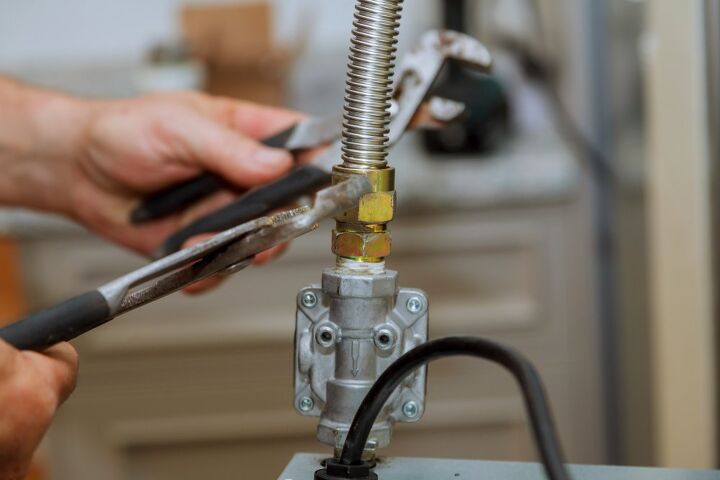






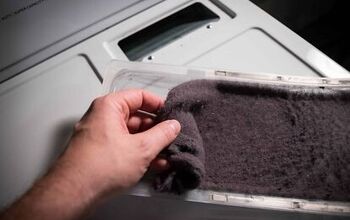
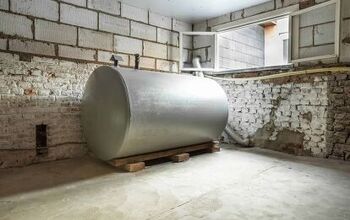
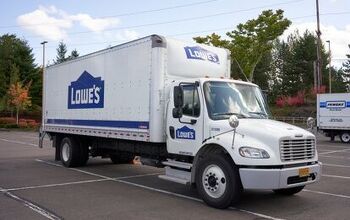

![The 5 Best Angle Grinders – [2022 Reviews & Buyer's Guide]](https://cdn-fastly.upgradedhome.com/media/2023/07/31/9071326/the-5-best-angle-grinders-2022-reviews-buyer-s-guide.jpg?size=350x220)

